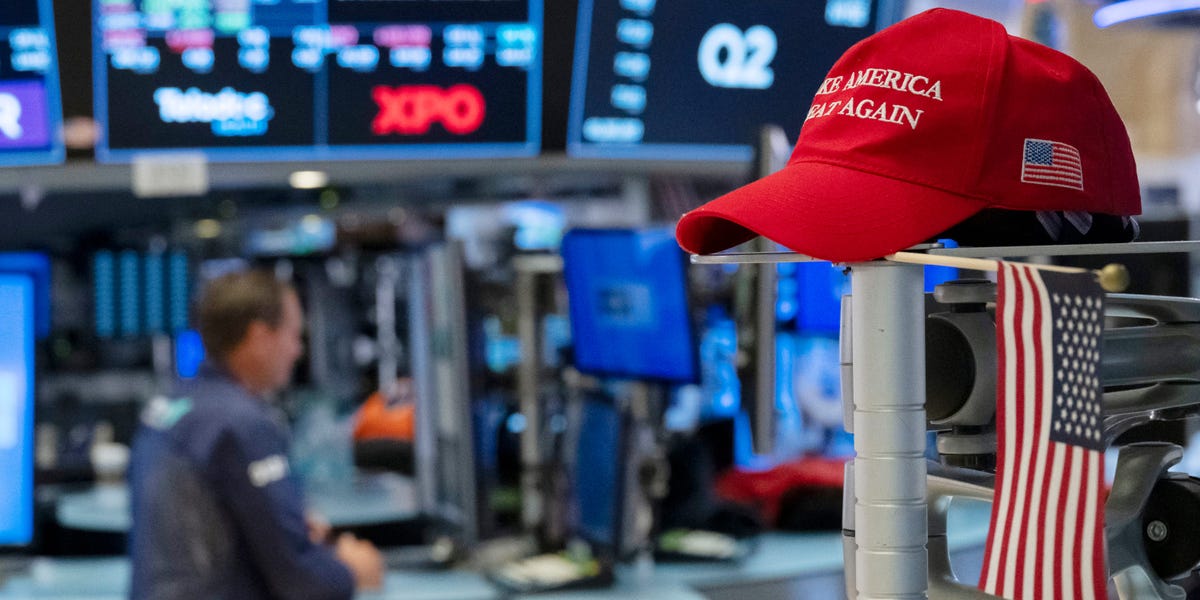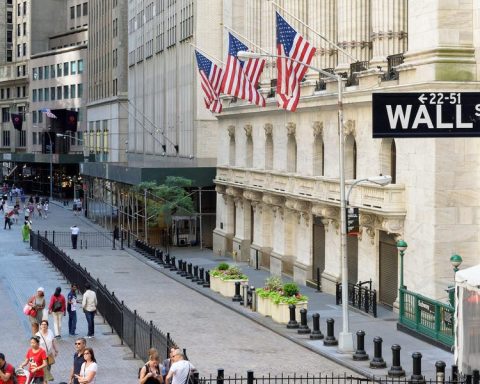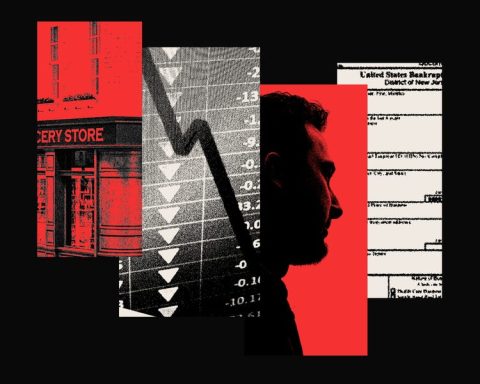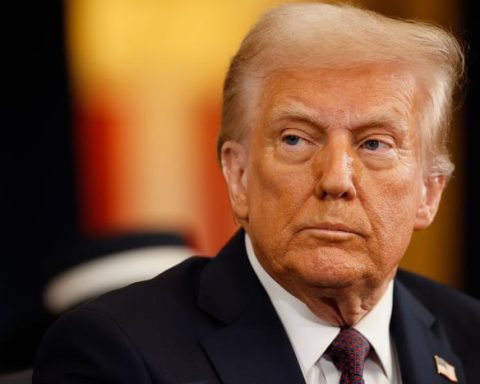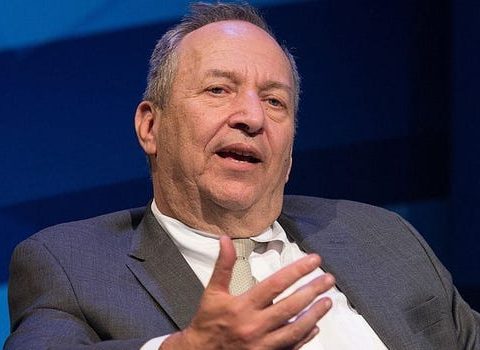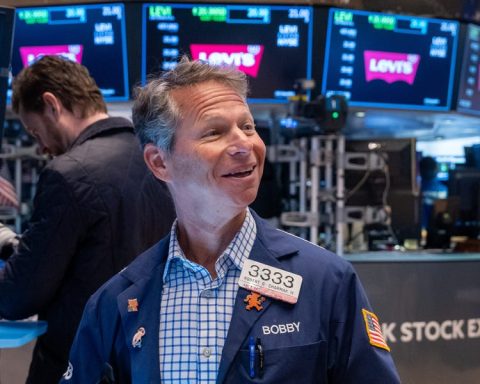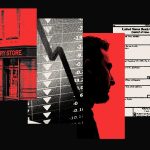Stocks have had a shaky beginning during Donald Trump’s second term, despite experiencing a post-election surge. Investor concerns are mounting over tariffs, economic growth, and stock valuations. Nevertheless, bullish strategists are not yet inclined to shift their stance.
The markets are currently facing the less favorable aspects of the exuberance that accompanied Trump’s victory. Even as risks continue to escalate, those who remain optimistic about the market are still holding their ground. Following the election, U.S. stocks initially surged, driven by excitement surrounding tax cuts and deregulation. Investors seemed unconcerned about the president-elect’s trade strategies, despite warnings that tariffs might lead to trade wars, which could increase prices and stifle growth.
Investment chief David Bahnsen noted shortly after Trump’s victory that the mood among investors reflected a belief in a “pro-growth, pro-deregulation, and pro-markets” environment. However, the S&P 500 recently fell into correction territory, plummeting 8% from its peak despite a brief 2% rebound on Friday. Trump’s aggressive tariff policies have sparked confusion and revived worries about stagflation—a troubling mix of stagnant growth and rising prices.
Jeff Blazek, co-investment chief for multi-asset strategies at Neuberger Berman, stated, “It’s fair to say that the trade situation has deteriorated more than we initially expected.” The unpredictability of import taxes complicates companies’ ability to plan, and consumers may start to reduce spending now that tariffs appear to be more than just a negotiation tactic. “We anticipated a lot of noise, but we didn’t foresee the severity, breadth, and hostile tone of the tariffs,” Blazek added, emphasizing the rising concern over growth.
As concerns accumulate, ranging from economic growth to stock valuations, the prevailing sentiment among market experts heading into the year was overwhelmingly optimistic. Few predicted a significant downturn, with only the perennially pessimistic economists voicing alarm over potential recession risks.
While the consensus still suggests a recession isn’t likely, the mere possibility has raised eyebrows. Some firms have begun revising their 2025 U.S. GDP forecasts downward; for example, Blazek’s estimate dropped from around 2.3% to 1.7%. According to T. Rowe Price market strategist Tim Murray, many investors were caught off guard by the Trump administration’s focus on tariffs and federal spending cuts through the newly established Department of Government Efficiency (DOGE) instead of following through with promised tax cuts and deregulation.
“There was a clear readiness to accept some economic weakness at the start, as they believed they could justify it as ‘not their economy’ yet,” Murray observed in a recent Business Insider interview. In retrospect, this shouldn’t be too shocking. Trump quickly enacted policies that could bypass Congress, particularly in reshaping trade policy, and the U.S. economy currently has more momentum than it did at the start of his first term, diminishing the urgency for tax reform. Moreover, with Trump unable to run for re-election, the immediate need to cater to the stock market may not be a priority for him.
“The expectation was that Trump would view the S&P 500 as a key performance indicator,” Murray explained. “By late January, it became obvious that this was not the case.” If Trump is less concerned about stock performance, Murray anticipates further declines could be on the horizon. He indicated that T. Rowe Price adjusted its allocation to U.S. equities toward a neutral stance in late January to reflect the growing risks associated with tariffs and economic growth.
Without a clear shift in Trump’s approach to the trade conflict, Murray noted, it’s challenging for the market to shed recession fears. Even the slightest chance of an economic downturn can significantly affect stocks, especially as valuations remain elevated. “The valuations are quite high,” commented Josh Jamner, a strategist at ClearBridge Investments. “This leaves less room for error should negative news arise.”
Currently, strategists believe that the recent sell-off has not reached a point that necessitates a more aggressive investment approach. “We don’t believe the decline has gone deep enough to warrant action,” Murray said. “When you find that a recession has been factored into prices, that’s the time to invest.”
In light of these challenges, strategists remaining bullish on the market after Trump’s election express optimism due to key market drivers still in play, such as strong earnings growth and a favorable economic outlook. Last quarter, corporate profits exceeded expectations, climbing 13.5% against a forecast of 7%. Despite wavering consumer sentiment, spending appears resilient and is not showing signs of a downturn.
